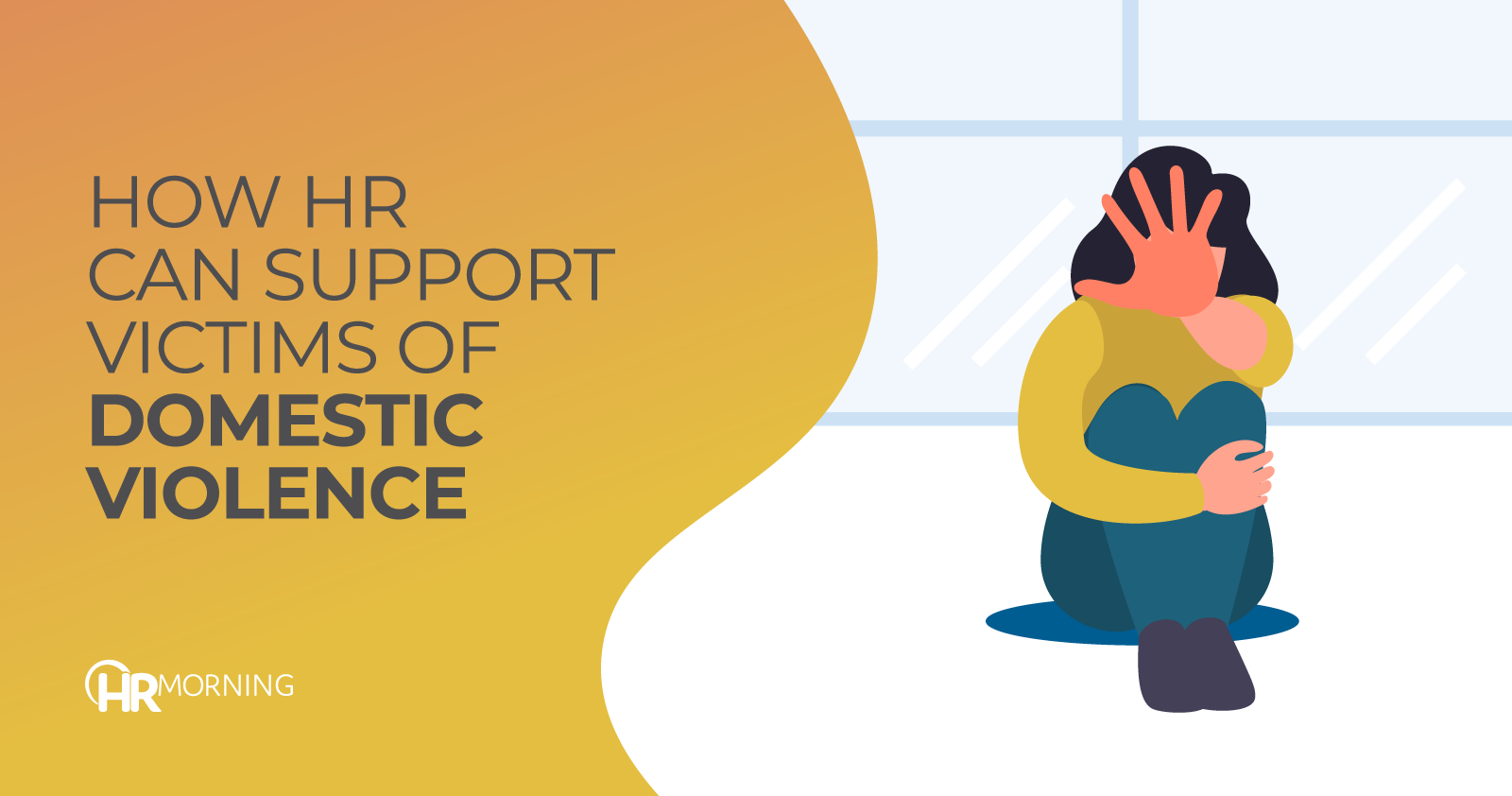HR deals with a lot of tough topics, from layoffs to employee mental health. But there is one topic that often gets overlooked at work and beyond: domestic violence.
Whether it be due to ignorance, fear or simply not knowing how to properly respond, domestic violence is a topic that many feel strongly about, but few know how to properly speak up and support domestic violence victims.
For HR, it’s imperative to know the signs to look out for and the steps to take if you’re concerned with an employee’s safety, whether that takes the form of physical, emotional or financial abuse.
Employees suffering from domestic violence
There are many stereotypes about domestic violence, like:
- it only affects women
- it’s always done by men
- it doesn’t happen to white-collar workers, or
- it only takes the form of physical abuse.
In reality, domestic violence spans all points of difference, from gender to age to economic status, and domestic violence can take many forms that are not the physical abuse the media portrays.
For example, domestic violence victims are prone to experiencing financial abuse as well. Up to 99% of domestic violence victims are subject to financial abuse and 74% stay in abusive relationships because of financial concerns.
Signs of employees being abused include:
- Absenteeism
- Difficulty concentrating and decreased productivity
- Changes in behavior or demeanor, and
- Isolation and a lack of participation in office activities and meetings.
“In a post-Covid world, where remote work is so prevalent, a job is sometimes the only lifeline a victim of abuse has,” says Gail Tiburzi Buck and Rebecca Oppenheim, founders of nextOpp Search.
How to approach conversations about domestic violence
Sixty-four percent of abuse victims say that their abuse has impacted their ability to work. “If an employee is in an abusive relationship, it will unequivocally impact their work,” say Buck and Oppenheim.
If you notice an employee whom you suspect is suffering from domestic violence, it may be hard to know how to approach the topic – but left unaddressed, your employee could be put in increased danger. Here are some ways to help begin the conversation.
Be proactive. Before you approach the topic, make sure you have the proper expertise and resources to provide your employee. “The first step is to partner with organizations that are experts on this topic,” say Buck and Oppenheim. “This means sharing resources and information on domestic abuse shelters, hotlines and clinics. Forming an affiliation with a local advocacy group is a guaranteed way to discover appropriate resources to be able to offer to employees.”
Train employees on domestic violence. Being pre-emptive about domestic violence situations also includes the proper training program for employers and having a strategy for handling this subject. Over half (65%) of employers don’t have a plan in place for domestic violence, according to Fortune.
Create a culture of communication and openness. It’s hard for victims to come forward to anyone about the abuse they’re experiencing, either due to fear of retaliation from the abuser, feelings of shame about their situation or thinking that it will make others feel uncomfortable. Creating an open culture in the workplace will help victims feel more comfortable opening up and receiving support. “Get it out of the shadows and ensure that their employees know that their human resources department at their workplace is a safe space that they can come to,” say Buck and Oppenheim.
HR tips for supporting domestic violence victims
- Offer flexible scheduling or paid “safe days” for victims to attend medical appointments, court hearings or any other obligations related to the situation.
- Provide access to resources such as an EAP or local support.
- Remove judgment from the situation and understand that some victims may not be ready to take the steps to leave the situation yet, and
- Accommodate your workplace to help increase safety, such as changing locks, phone numbers or shift schedules.
- Understand your legal obligations. Many states have laws that require companies to provide time off for domestic violence-related leave.


